Isaiah 55:6-9; Ps. 145:2-3, 8-9, 17-18; Phil.1:20c-24, 27a; Mt. 20:1-16a
Not fair! How often have we heard those words from our children or felt in our hearts “life is not fair!” Our God says, “Let the scoundrel…turn to the Lord for mercy…who is generous in forgiving”. Not fair claim the self-righteous unless we happen to be the scoundrel then righteousness turns to gratitude. That is why the Lord says, “so high are my ways above your ways and my thoughts above your thoughts.”
Mercy is for all who call upon the Lord. The parable by Jesus in the gospel is more about the Lord’s generosity to confront our sense of entitlement. Each laborer received “the usual daily wage” even though all did not work the same hours. The laborers “grumbled” with a heart of injustice, “not fair”. Yet we know “The Lord is just in all his ways and holy in all his works”. What we fail to see is that this life of ours is the beginning of all things the Alpha of the Lord’s work in us, but the Omega is the eternal yet to come when all justice is revealed to us.
Not fair that we wait for justice! Give thanks that the Lord is generous with these days of ours to correct our sin and seek holiness while there is still time before we face the test of justice, the purgatory of life, the call to give an account of our own to the Master. Let us pray to be worthy works of his love as his servants.
Perhaps St. Paul gives us some understanding in his letter to the Philippians when he says, “For to me life is Christ and death is gain.” This complete surrender to God is a pearl in the ocean of fish. There are many fish in the ocean of humanity but few pearls willing to surrender completely to the Lord. There are many religious but few saints. There are many scoundrels but few repentant souls. That is why the Lord is near to all who call upon him in truth. In his goodness comes mercy as a Father of love.
St. Paul reminds us we are the “works” of the Lord, the works he is free to accomplish in us and through us as we surrender to him. St. Teresa of Calcutta prayed to be a “pencil” in the hand of the Lord. Her life was a storybook of surrender accomplishing the works of the Lord. We each have our state in life as single, married, widow, parent, religious, layperson, clergy with works waiting to be accomplished for the Lord. The beauty of serving the Lord’s works is the transformation of our being as a work of holiness in the hands of the Lord. Call upon the Lord in truth and be transformed as we put our trust in him.
Consider the heart of our Blessed Mother Mary alongside her son in his passion. He came into the world with all his works of love offering forgiveness, mercy, healing, compassion for the sick and poor, and teaching for the just and his reward by humanity was to crucify him. She held all things in her heart knowing she carried the divine child in her arms with the gift of seeing him again in the resurrection only to see him depart in the clouds. Her total surrender from the beginning claiming “I am the handmaid of the Lord” sustained her faith, hope and love beyond what this world could see. She did not seek fairness only offered up her love. This was her fiat for us to follow.
The heavens rejoice when we offer our self up in union with the sacrifice Jesus makes for us. Let us make an act of surrender this day in prayer: Lord of love and generosity, I consecrate myself to your sacred heart in surrender of my mind, will, and spirit to be transformed as a work of your presence in this world to accomplish the “works” your will for me in this day by the graces of your generosity in truth and obedience to your command. In my weakness come to my awareness your constant presence, your ways above my ways, and your thoughts above my thoughts that I may see your hand at work in me. Amen.
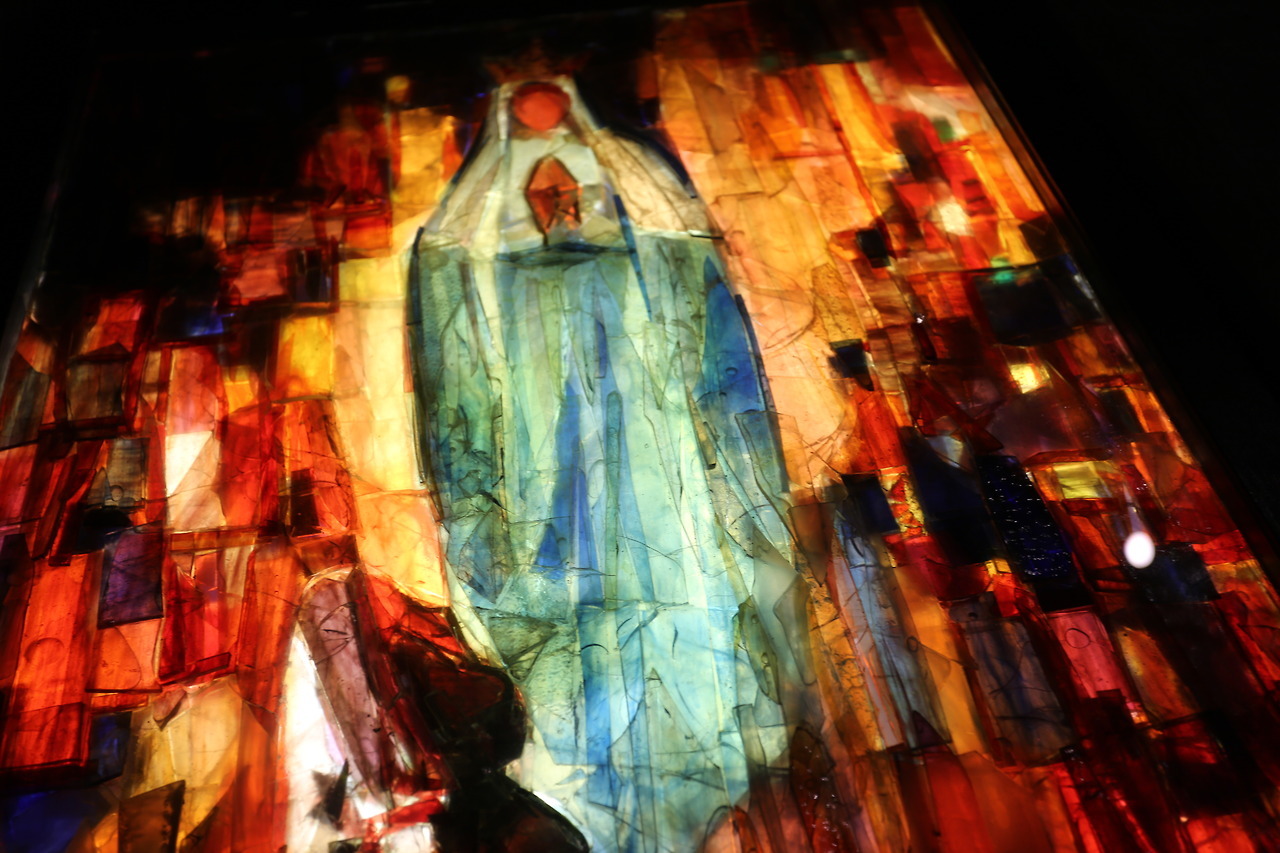


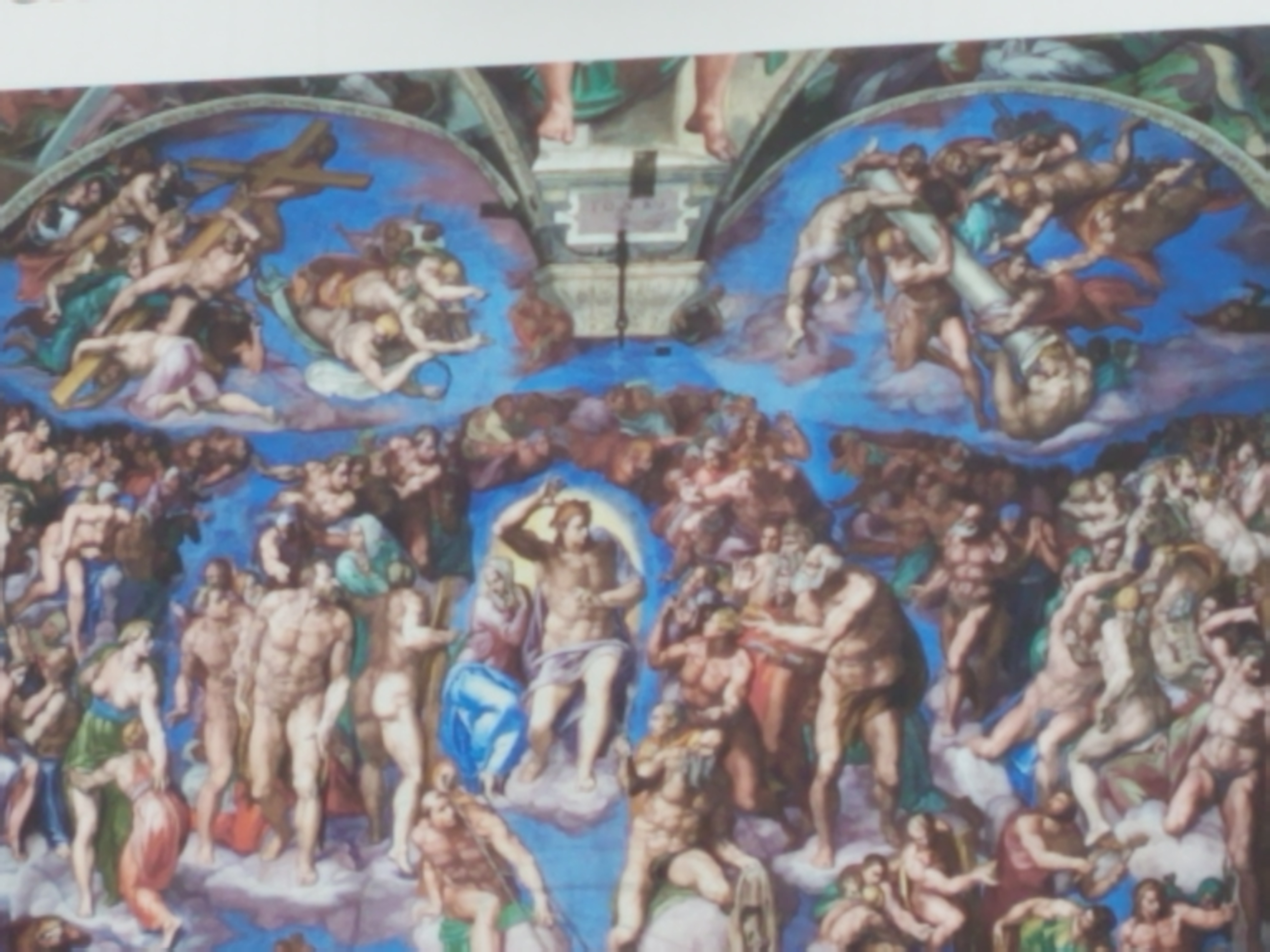





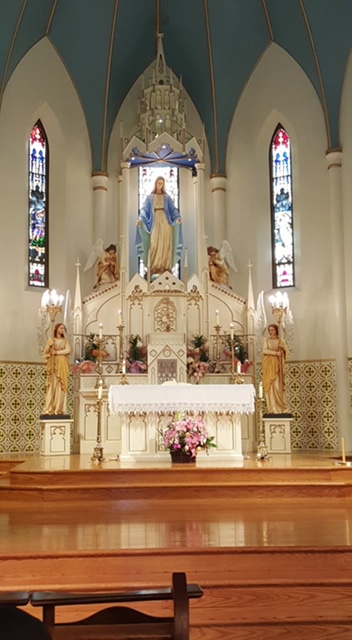

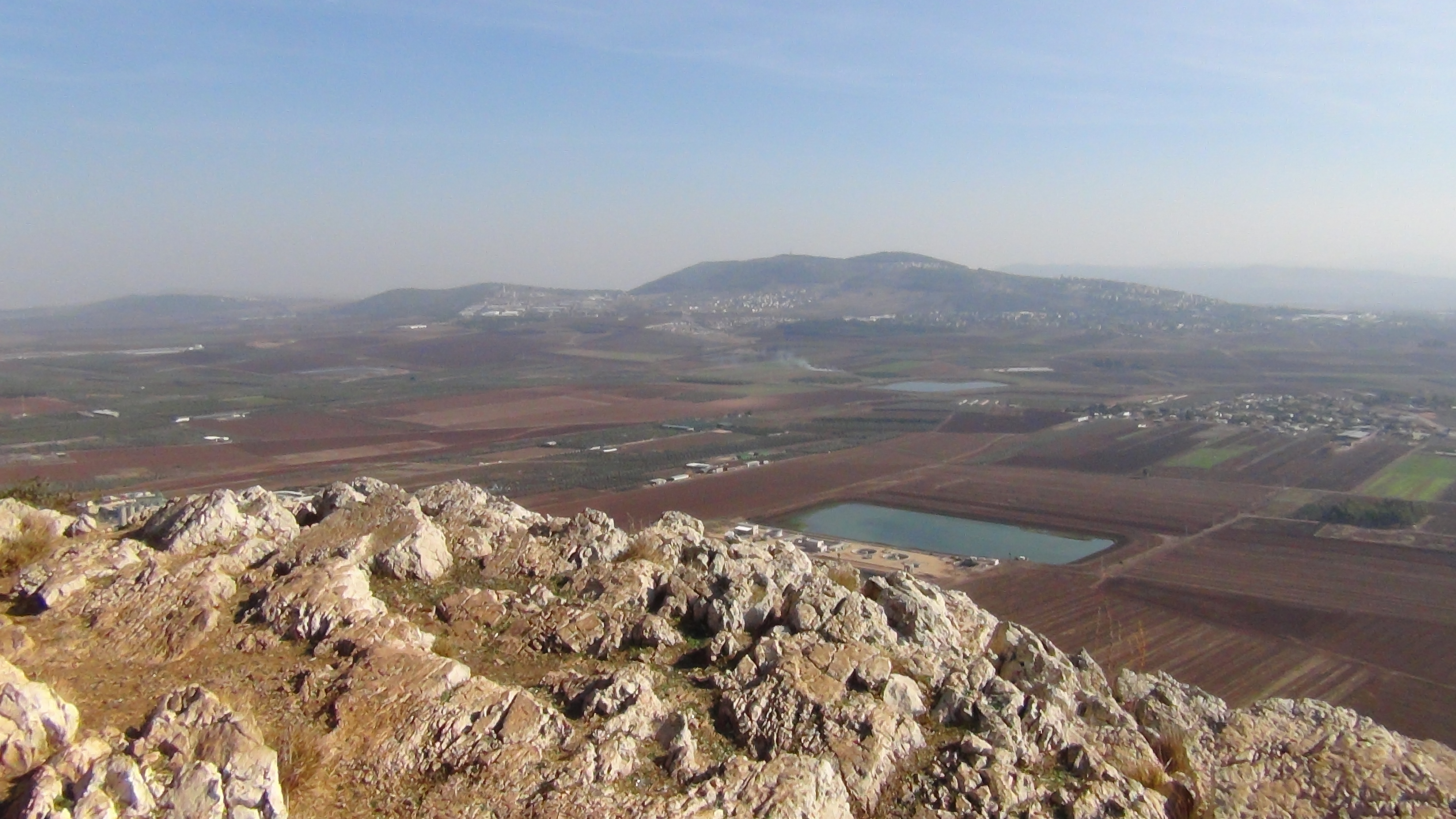



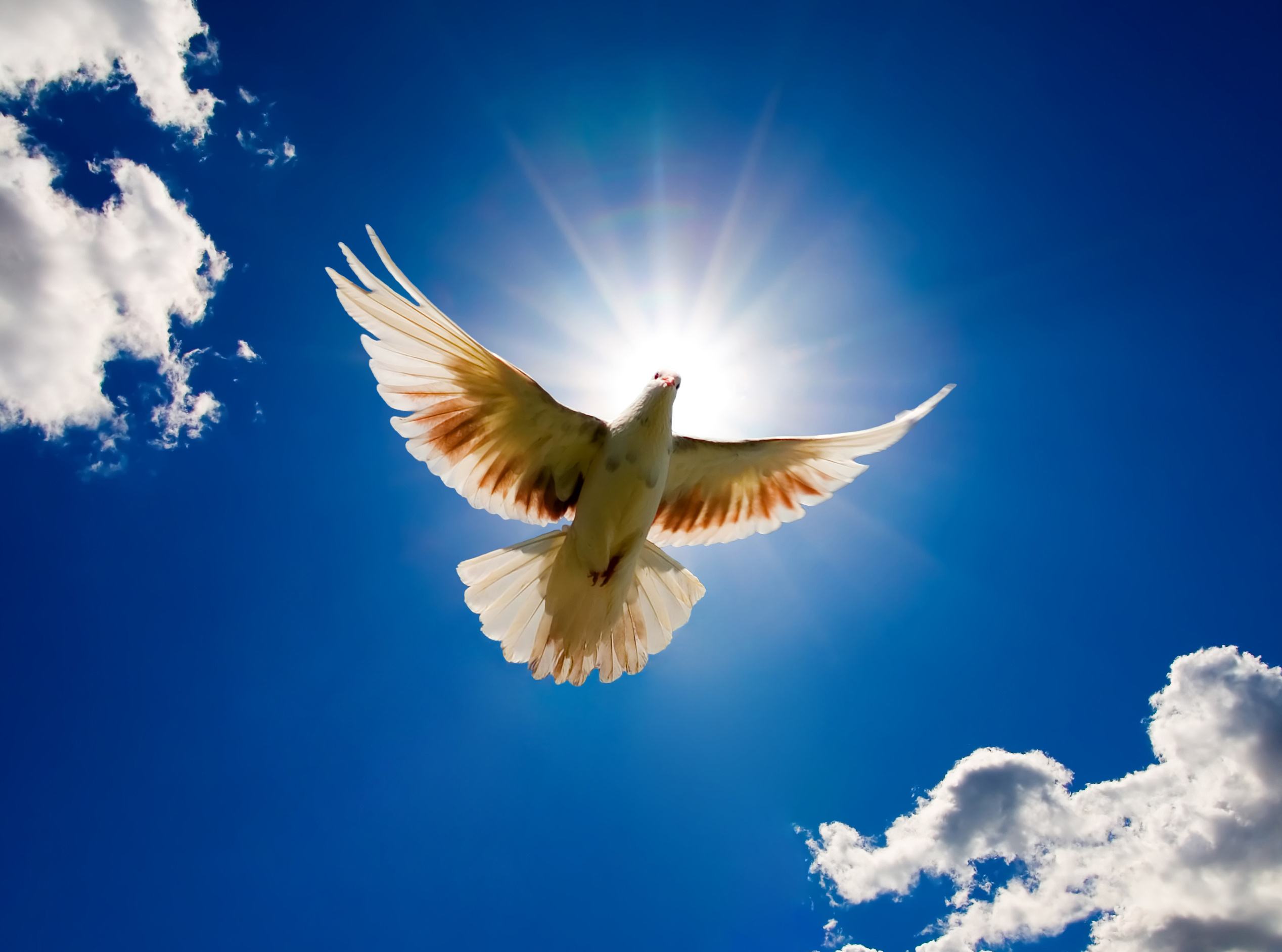


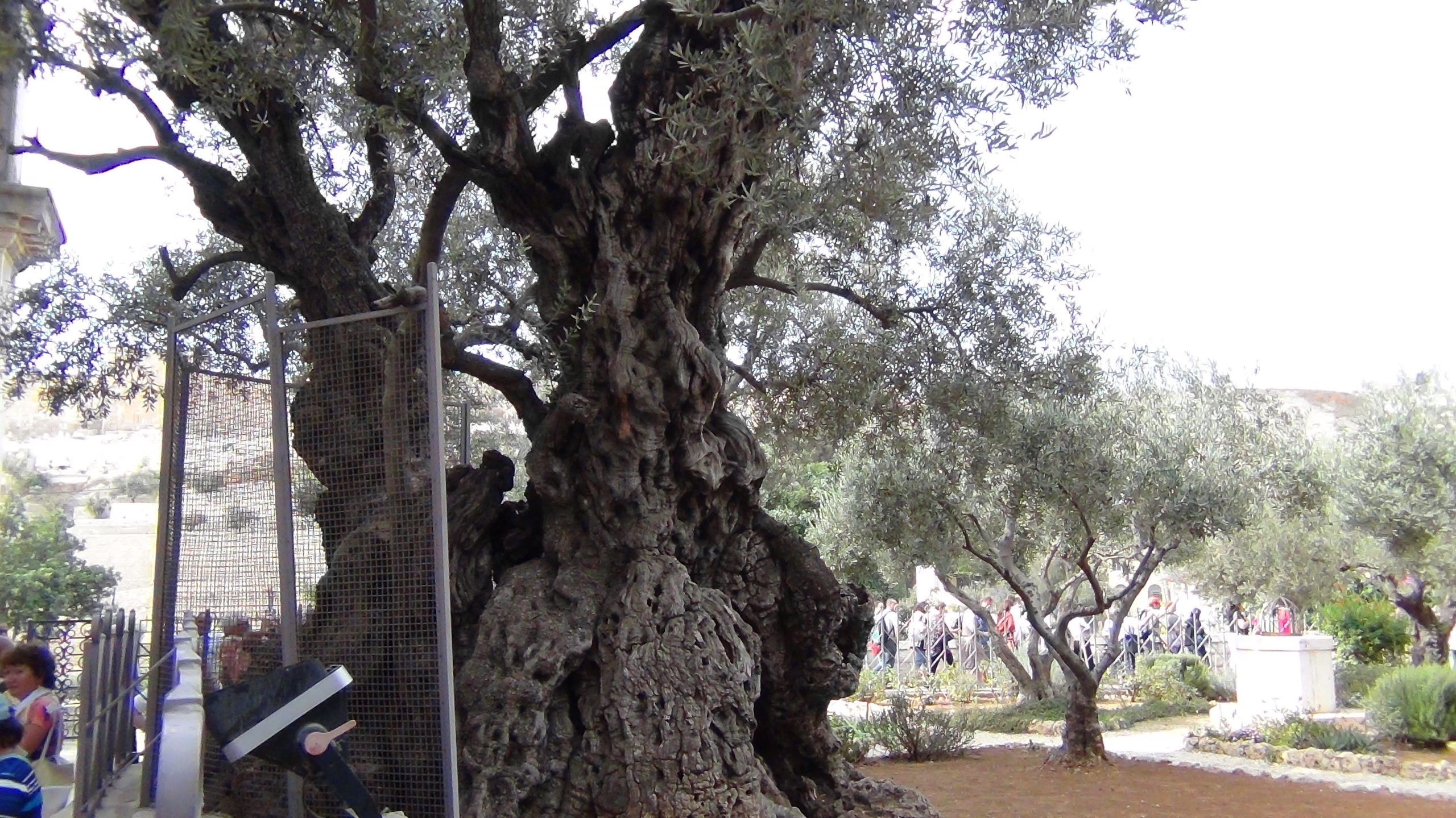

Recent Comments